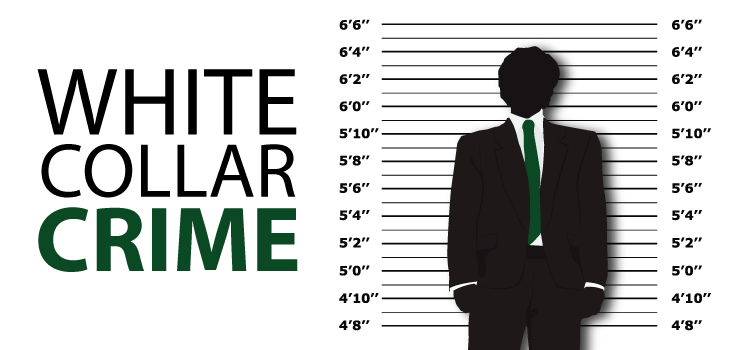Arrested for White Collar Crimes: Understanding the Charges, Penalties, and the Importance of Legal Representation

Introduction
White collar crimes, often characterized by deceit, concealment, or violation of trust, are non-violent offenses typically committed for financial gain. They can result in severe penalties and long-lasting repercussions. This article explores the types of white collar crimes, potential penalties, and how legal representation can be crucial in navigating these complex cases.
Types of White Collar Crimes
White collar crimes encompass a wide range of illegal activities, including but not limited to:
- Fraud: This category includes securities fraud, healthcare fraud, and mortgage fraud. Fraud involves intentional deception to secure unfair or unlawful financial gain.
- Embezzlement: The misappropriation of funds or property entrusted to one’s care, usually occurring in corporate settings where employees divert company resources for personal use.
- Insider Trading: The illegal trading of stocks or other securities based on confidential, non-public information, giving an unfair advantage and undermining market integrity.
- Money Laundering: Concealing the origins of illegally obtained money, typically by means of complex financial transactions through legitimate businesses.
- Bribery and Corruption: Offering, giving, receiving, or soliciting something of value to influence the actions of an official or other person in a position of authority.
- Identity Theft: Illegally obtaining and using someone else’s personal information, often for financial gain, such as opening credit accounts or making unauthorized purchases.
Possible Penalties and Punishments
The penalties for white collar crimes can be severe and vary based on the nature and severity of the offense. They include:
- Fines: Financial penalties can range from thousands to millions of dollars, depending on the scope of the crime and the financial damage caused.
- Restitution: Offenders may be required to repay victims for their losses, which can be substantial and financially crippling.
- Imprisonment: White collar crimes can lead to lengthy prison sentences. Some offenses carry mandatory minimum sentences, while others may result in shorter terms depending on the circumstances.
- Probation: Instead of imprisonment, some offenders might be placed on probation, which involves regular reporting to a probation officer and compliance with specific conditions set by the court.
- Community Service: Courts may mandate community service as part of the sentencing, requiring offenders to contribute a certain number of hours to community improvement projects.
- Professional Consequences: Convictions can result in the loss of professional licenses, disqualification from certain professions, and damage to one’s reputation and career prospects.
The Role of a Lawyer
When facing white collar crime charges, the assistance of an experienced lawyer is indispensable. Here’s how a lawyer can help:
- Expert Legal Advice: A lawyer provides detailed advice on your rights and potential defenses, helping you understand the complexities of your case.
- Strategic Planning: Developing a defense strategy tailored to your specific situation, including identifying weaknesses in the prosecution’s case and presenting exculpatory evidence.
- Negotiation: Lawyers can negotiate with prosecutors to potentially reduce charges or secure plea deals that minimize penalties.
- Court Representation: Your attorney will represent you in court, advocating on your behalf, challenging the prosecution’s evidence, and ensuring your rights are protected throughout the trial.
- Mitigation of Penalties: If a conviction is unavoidable, a lawyer can work to mitigate the consequences, arguing for reduced sentences, probation, or alternative penalties.
- Protecting Your Interests: Beyond the legal proceedings, a lawyer can help protect your professional and personal interests, advising on how to manage the impacts on your career and reputation.
Conclusion
Being arrested for a white collar crime is a serious matter with potentially severe consequences. Understanding the types of crimes, the possible penalties, and the crucial role a lawyer can play in your defense is essential. If you face such charges, securing experienced legal representation is your best chance to navigate the legal complexities and achieve a favorable outcome. A skilled lawyer can make a significant difference in protecting your rights and minimizing the impact on your life.
